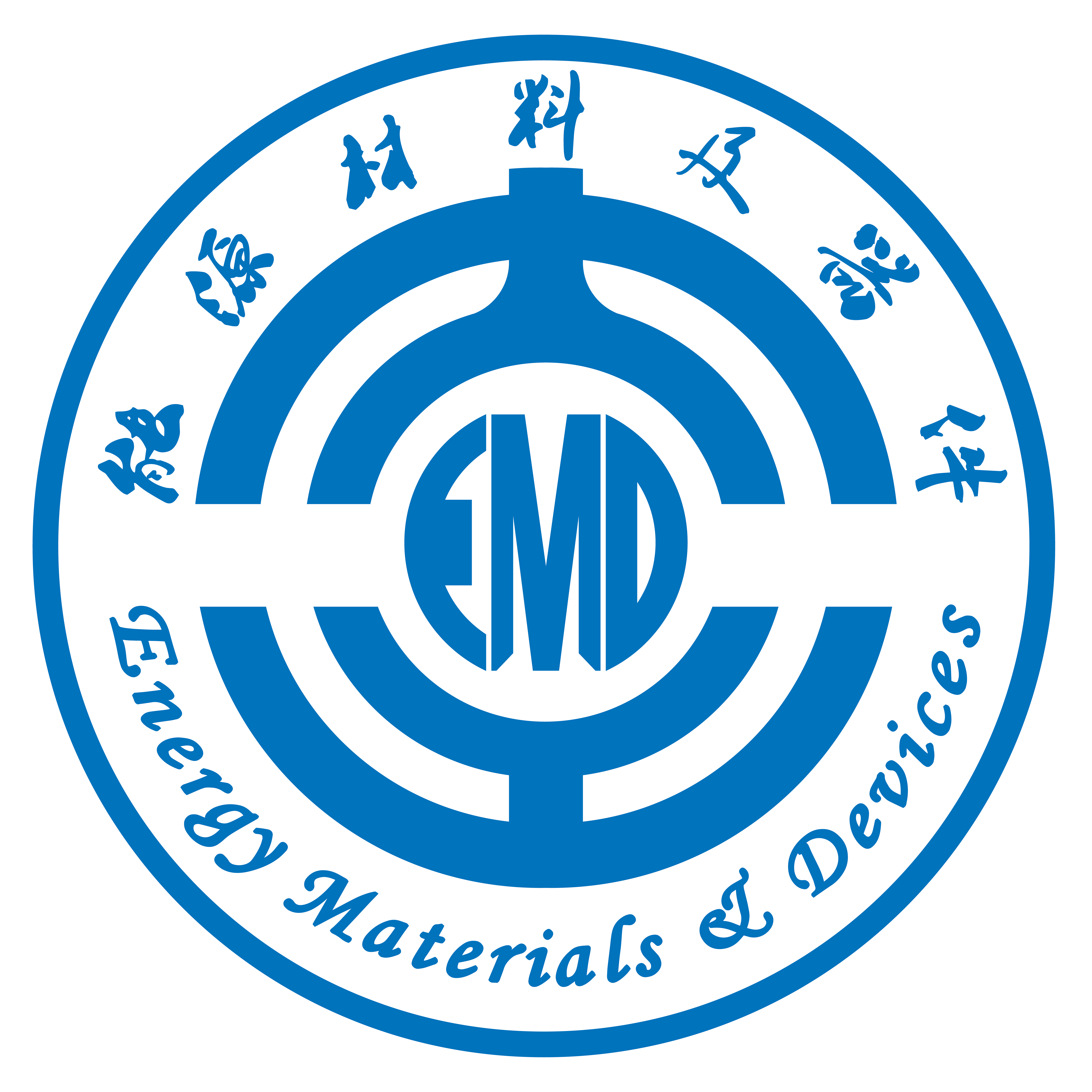Abstract: Catalysts with high catalytic activity and good stability are desirable in the electrocatalytic oxidation of glucose. Herein, Pt concave nanocubes with high-index facets (HIFs) supported by carbon black (Pt CNC/CB) are prepared through a hydrothermal method. The experimental results demonstrate that the peak current densities in different potential regions on the Pt CNC/CB anode are 0.22, 0.20, and 0.60 mA cm−2. The catalytic process of the glucose oxidation reaction is investigated in electrolytes with different pH values. Better stability is achieved by Pt CNC/CB than by Pt concave nanocubes (Pt CNCs). Abundant surface defects with low-coordinated atom numbers, such as steps, kinks, and edges, served as active sites in the electrocatalytic oxidation of glucose. With the addition of carbon black, the catalytic activity can be improved by facilitating the full exposure of the active surface defects on the HIFs of the Pt CNCs. Moreover, to address the aggregation of Pt CNCs, caused by the high surface energy of HIFs, the introduction of carbon material is an effective way to preserve the HIFs and thus enhance the stability of the catalyst. Hence, the prepared Pt CNC/CB electrocatalyst has great potential to be applied in the electrooxidation of glucose.
https://doi.org/10.3390/nano12213761

